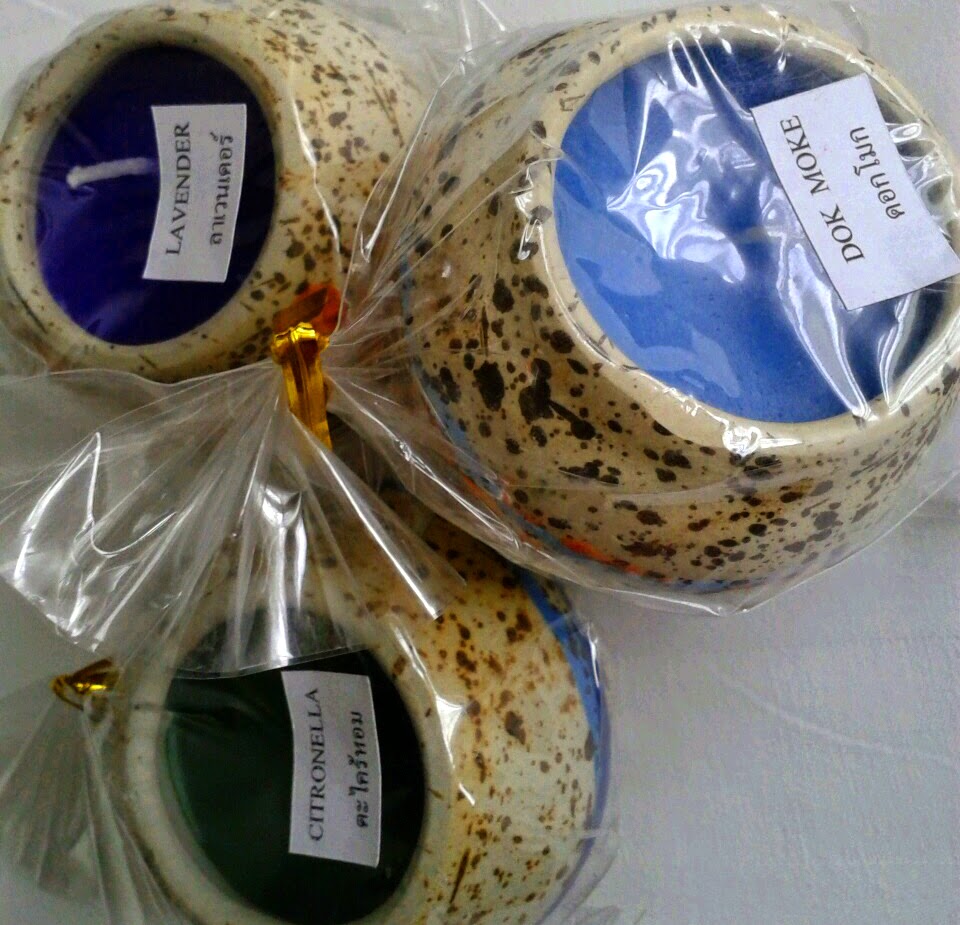Peranakan Chinese and Baba-Nyonya are terms used for the descendants of the 15th through 17th-century Chinese immigrants to theIndonesian archipelago and British Malaya (now Peninsular Malaysia and Singapore).
They were usually traders, the middleman of the British and the Chinese, or the Chinese and Malays, or vice versa because they were mostly English educated. Because of this, they almost always had the ability to speak two or more languages. In later generations, some lost the ability to speak Chinese as they became assimilated to the Malay Peninsula's culture and started to speak Malay fluently as a first or second language.
Most Peranakans are of Hoklo (Hokkien) ancestry, although a sizable number are of Teochew or Cantonese descent. Originally, the Peranakan were mixed-race descendants, part Chinese, part Malay/Native Indonesian.
Baba Nyonya are a subgroup within Chinese communities, are the descendants of Sino-indigenous unions in Melaka, Penang, and Indonesia. It was not uncommon for early Chinese traders to take Malay/Indonesian women of Peninsular Malay/Sumatera/Javanese as wives or concubines[11] Consequently the Baba Nyonya possessed a mix of cultural traits.
In terms of religion, most Peranakans generally subscribed to Chinese beliefs system such as Taoism, Confucianism and Chinese Buddhism. Just like the Chinese, the Peranakans also celebrate Lunar New Year, Lantern Festival and other Chinese festivals, while adopting the customs of the land they settled in, as well as those of their colonial rulers. There are traces of Portuguese, Dutch, British, Malay and Indonesian influences in Peranakan culture.[11] A certain number of Peranakan families were and still are, Catholic. However in this modern society, many of young Peranakan community have been embracing Christianity. Most notably in Indonesia, a country with the most significant Peranakan where most of the Chinese are Christians.
Just like in any other cultures, the Peranakans still believe in pantang larang (meaning superstition) especially among the older generations. In some cases, quite a number the Peranakan's pantang larang are deemed too strict and complex. But today, most Peranakans no longer practice complexpantang larang in order to keep up with the modern times.
Just like in any other cultures, the Peranakans still believe in pantang larang (meaning superstition) especially among the older generations. In some cases, quite a number the Peranakan's pantang larang are deemed too strict and complex. But today, most Peranakans no longer practice complexpantang larang in order to keep up with the modern times.

















































